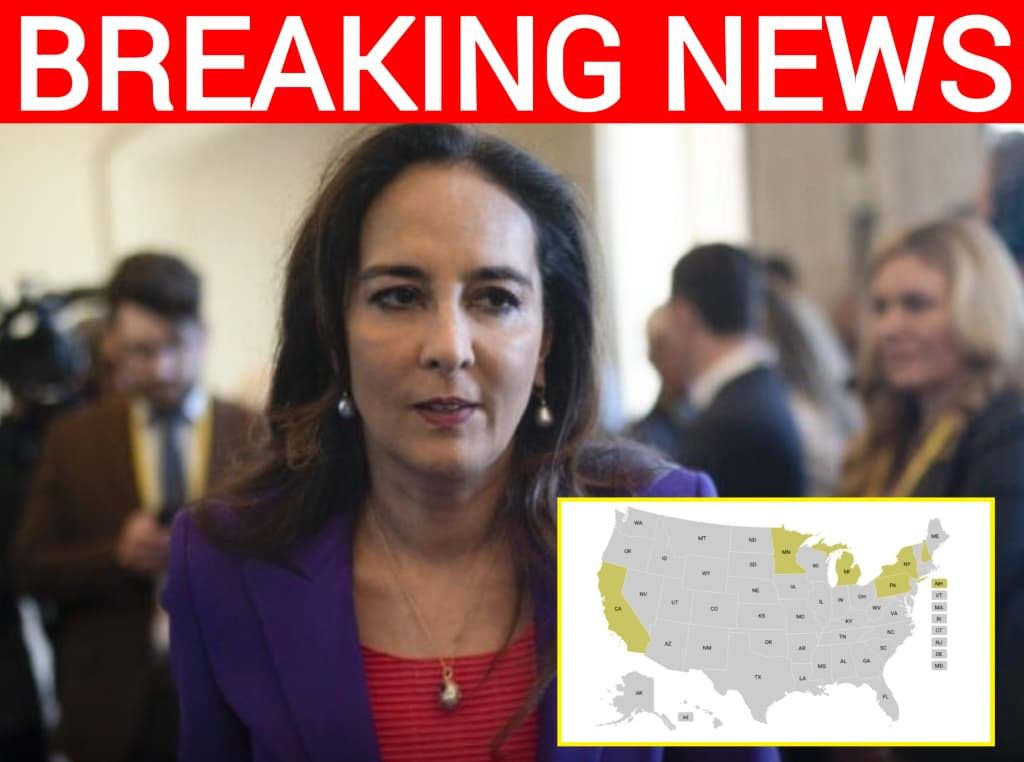Assistant AG Harmeet Dhillon Sues Six States for Failing to Verify Voter Rolls, Raising National Debate on Election Integrity and Public Trust
Assistant Attorney General Harmeet Dhillon has filed a lawsuit against six states, accusing them of failing to provide clear proof that their voter rolls are being properly maintained and free of ineligible names. The case, which targets California, Michigan, Pennsylvania, Minnesota, New York, and New Hampshire, quickly drew national attention because it strikes at the heart of one of the most sensitive issues in American politics: confidence in elections. Dhillon argues that without proper verification and transparency, states cannot guarantee that their rolls are in compliance with federal law or reassure voters that their elections are being conducted fairly.
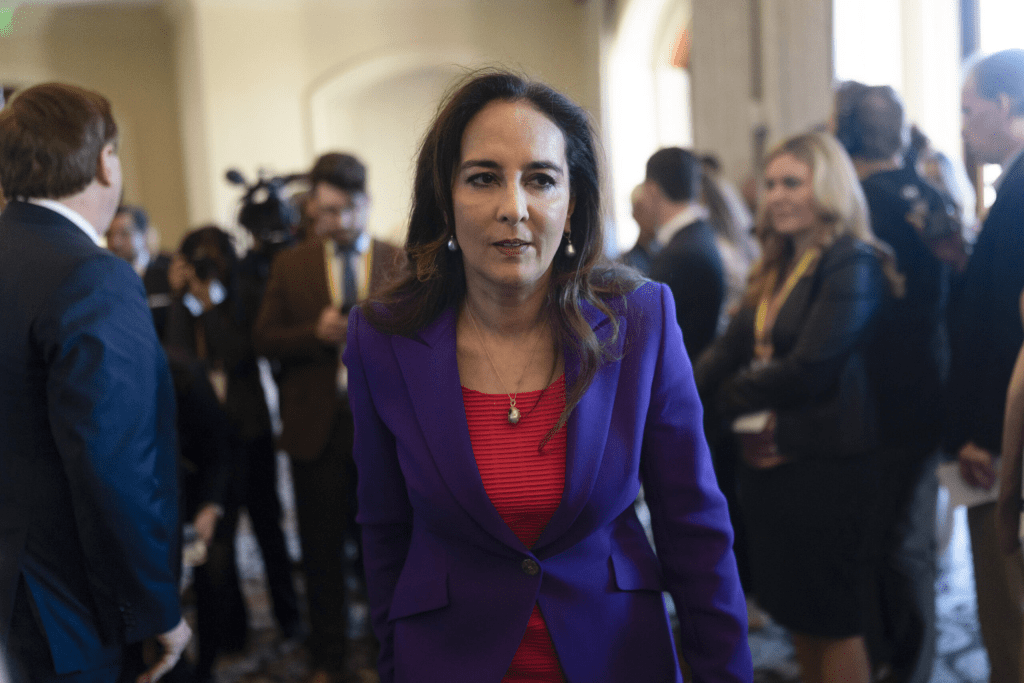
At the center of the lawsuit is the National Voter Registration Act, a law passed in 1993 that requires states to keep accurate lists of eligible voters by regularly removing those who have died, moved away, or are otherwise no longer qualified. Dhillon’s complaint notes that some states have resisted providing documentation about these removals, even when subpoenaed. In California, for example, officials declined to release unredacted records related to a small group of noncitizens who were removed from the rolls, raising questions about how much information states are obligated to share with federal authorities.
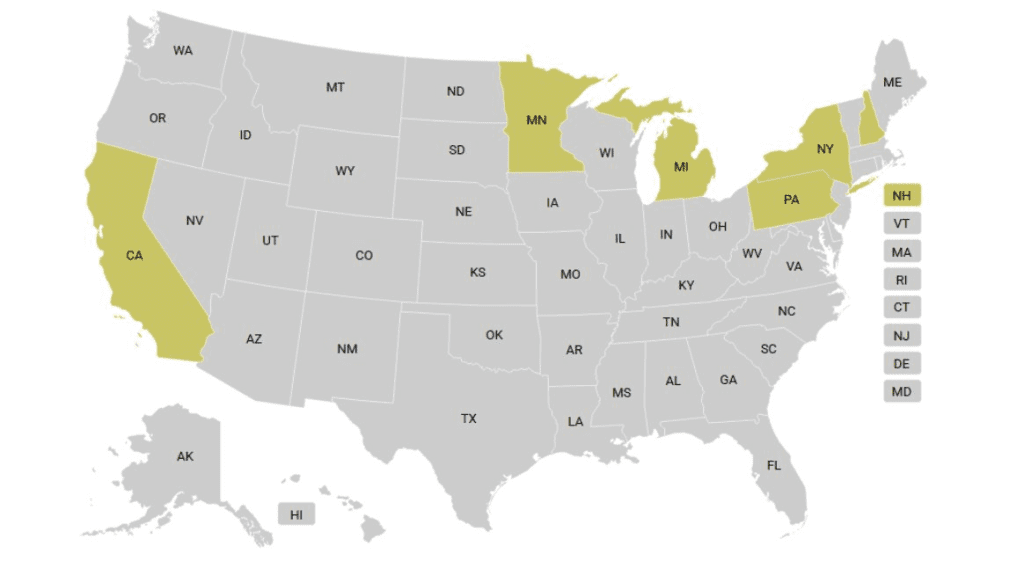
The case also arrives at a time when the country is deeply divided over election laws. On one hand, a 2014 study by the Brennan Center for Justice reviewed more than one billion votes cast in American elections and found only 31 credible instances of voter impersonation, suggesting that fraud is extremely rare. On the other hand, supporters of stricter oversight argue that even small lapses in recordkeeping can undermine public trust, especially in a country where confidence in elections has been shaken by years of political disputes. For Dhillon and her allies, clean voter rolls are not just about catching fraud but about giving voters faith that the system is being handled responsibly.
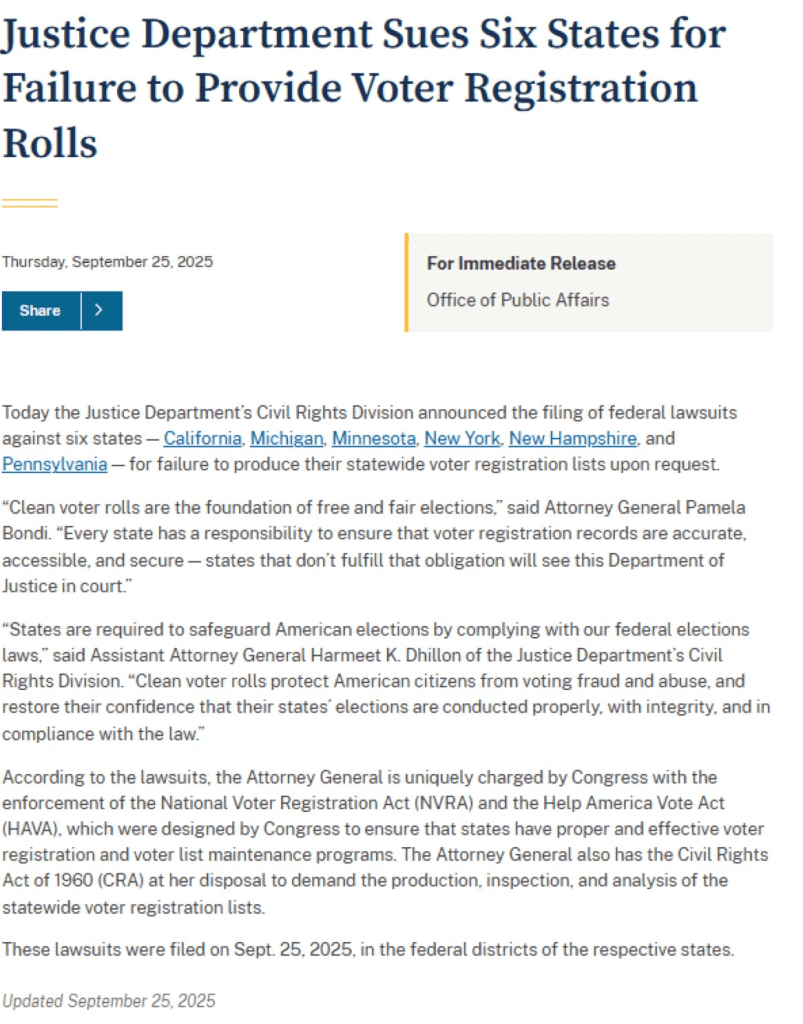
Statistics underscore how complex the issue can be. According to the U.S. Census Bureau’s 2022 report, there are about 46 million foreign-born residents in the country, of which roughly 22 million are noncitizens. While there is no evidence of widespread noncitizen voting, the sheer size of the population has fueled arguments that stronger safeguards are necessary to ensure that only eligible citizens cast ballots. Dhillon has framed her lawsuit as a way to demand accountability from states that, in her view, have neglected this responsibility.
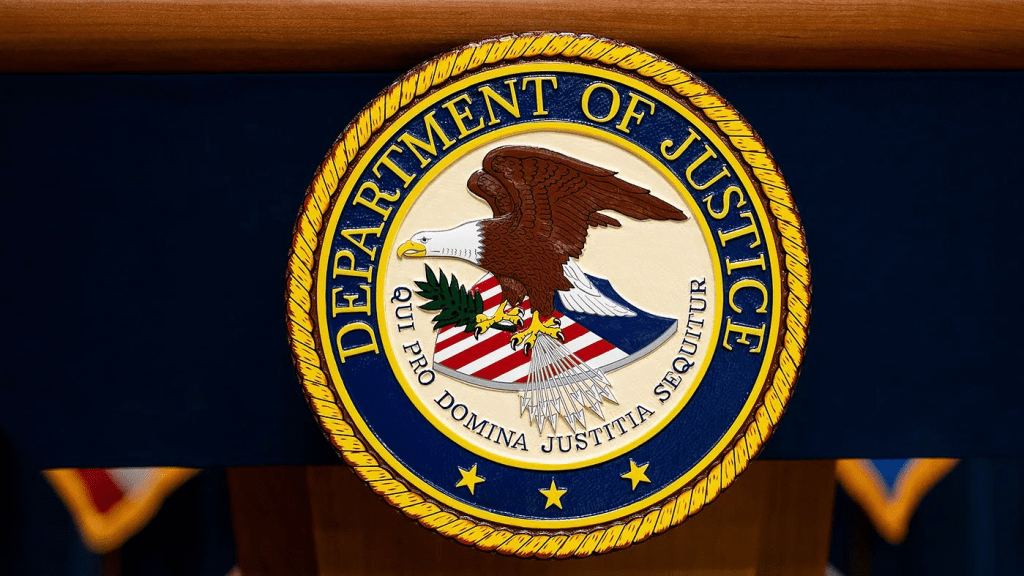
The lawsuit also connects to broader legislative debates. Earlier this year, lawmakers introduced the Restoring Faith in Elections Act, which would require every state to certify that their rolls are fully cleaned 90 days before any federal election. The bill reflects growing pressure from both Congress and watchdog groups to address inconsistencies in how states update their lists. At the same time, critics argue that pushing for aggressive purges could risk disenfranchising legitimate voters, particularly those who move frequently, rent housing, or belong to minority communities disproportionately affected by bureaucratic errors.
Dhillon herself has emphasized that this case is not about partisanship but about the principle of fairness. In a public statement, she described clean voter rolls as essential for protecting American citizens from potential abuse and for restoring their confidence in the electoral process. Her words echoed a broader sentiment shared by many Americans: that trust in democracy requires not only the right to vote but also the assurance that elections are being administered with integrity.
As the lawsuit moves forward, it is certain to become another flashpoint in the national conversation about elections. With both supporters and critics watching closely, the outcome may influence how states handle their voter rolls in the years to come. Whether the courts ultimately side with Dhillon or uphold the states’ current practices, the case underscores how much weight Americans place on the fairness and transparency of the ballot box.
